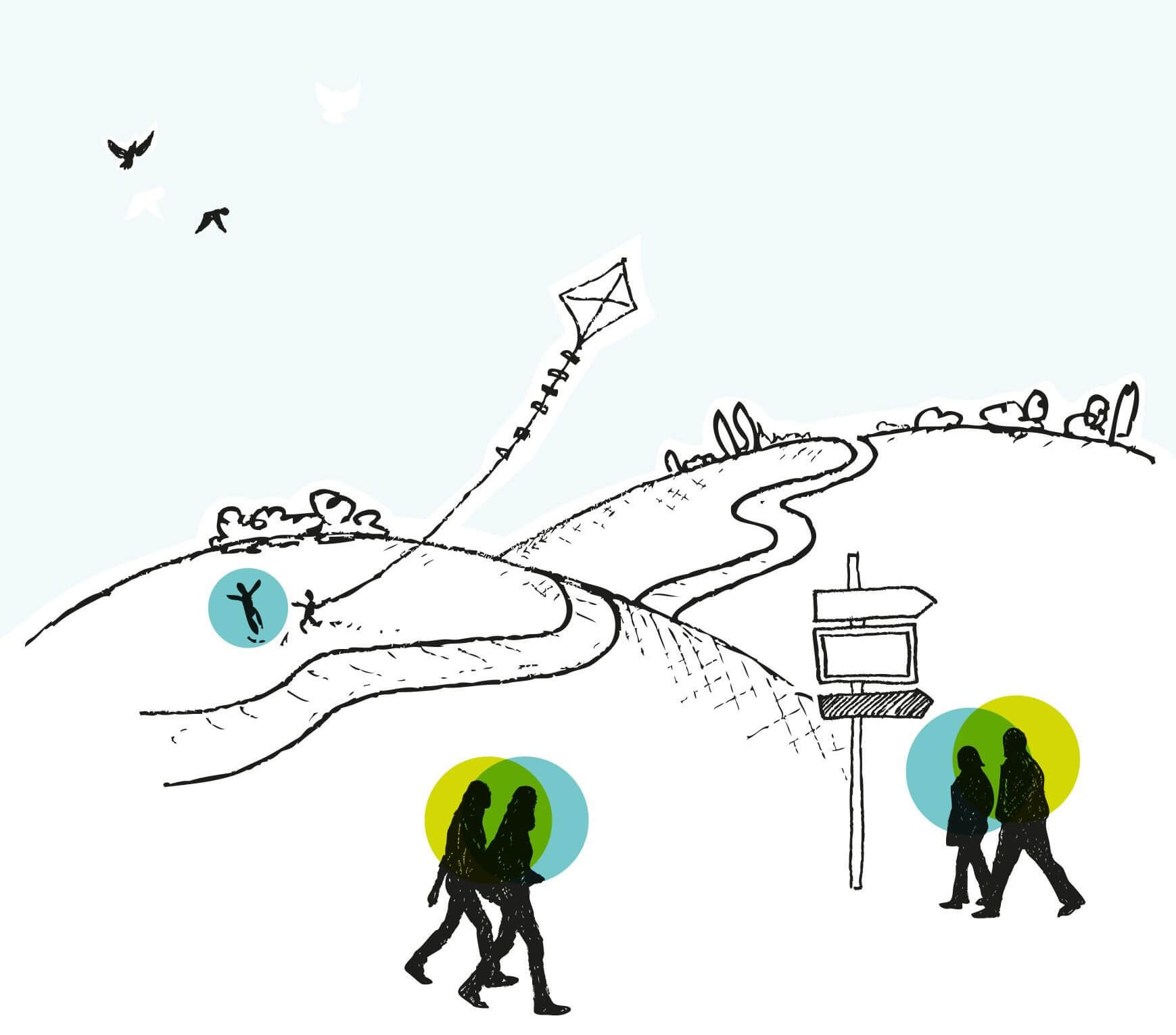


Trust, privacy and security are all vitally important issues when discussing data but to my mind these debates often overshadow the huge benefits that the responsible use of quality data brings to organisations, individuals and wider society.
Undoubtedly horror stories arising from data breaches make great headlines but this media fixation has in some corners of society created a moral panic that any data that we share will be exposed and used for nefarious means. This simply isn’t the case and I cannot be the only one thinking that those representing our industry should be taking more responsibility to educate consumers and the media, as to the many benefits of responsible data sharing in our daily lives.
The truth is that in our modern world sharing data has become a prerequisite. Social media simply could not exist if we as a species did not have an innate desire to share. Data or to be more specific the information, knowledge and insight that can be derived from it (whether it is personal or anonymous), makes all of our lives easier.
For example, I recently returned from holiday and as soon as I switched on my phone as we arrived at the gate (as everyone does!) I was greeted with an SMS from my mobile provider welcoming me back to the country. When I collected my car and started the journey home Google Maps was a lifesaver.
The red line that you see on-screen when you are about to set-off, showing you the volume of traffic on the road, is generated by real-time crowd-sourced data from peoples smartphones. It is a fantastic example of data sharing where everyone gains, or as David Cameron would perhaps say ‘the big society’ in action.
Upon arrival at home I was soon greeted by my grocery delivery that I had ordered before my holiday. It was made so much quicker and easier by my supermarket having on-record all of my favourite and most frequently purchased items. I also saved some money as it recommended some products based on others I had bought that were on offer.
That one afternoon brought home to me just how powerful data can be in making life better, when responsible organisations use it in the right way.
For many, one of the defining moment in sharing customer data came in the grocery sector in 1995, when Tesco launched the Clubcard with the help of Dunnhumby, paving the way for countless other loyalty schemes. The contract between Tesco and its customers was clear. If a customer was willing to share their purchasing data, they would be rewarded with points that they could redeem, as well as exclusive offers and personalised recommendations.
Prior to the Clubcard loyalty schemes such as Green Shield Stamps (for those of you old enough to remember them) were simply a sales promotion to encourage return visits. However, with advances in computing power and the ability to capture, store and analyse data, far more engaging programmes could be rolled out.
Today, much of the mail I receive through my door or in to my inbox is targeted and increasingly highly personalised, and for me that is a very good thing. It engages me more, makes me feel more valued and in turn much more likely to read and respond, making it great news for the organisation that is sending it to me. As a result of the effective way in which these organisations use data it also throws in to sharp contrast those organisations that are not. If company X can get it right why can’t company Y?
Data sharing works well when all parties stand to gain something from the process. When the UK government muted plans to introduce a national identity card scheme there was a public outcry from many parts of society.
"*" indicates required fields
How will we use your information?
We will use the information that you are providing here to enable us to respond to your request and deliver our services to you. We will also add your details to our secure CRM system to help us manage our relationship with you as it develops. This means that we will be able to send you newsletters and details about our products and services that we think will be relevant and of interest to you. We’ll keep your information safe and secure and we won’t share your details with anyone else without asking you first. We might use third party companies to process your information on our behalf, for example cloud based software or post or email distribution companies if we are sending you a newsletter. Of course, you can always opt out any time, just let us know. Please visit our privacy policy for a more detailed look at how we manage personal information.
DBS Datamarketing Ltd
1 Buckingham Court
Dairy Road
Chelmsford
Essex
CM2 6XW